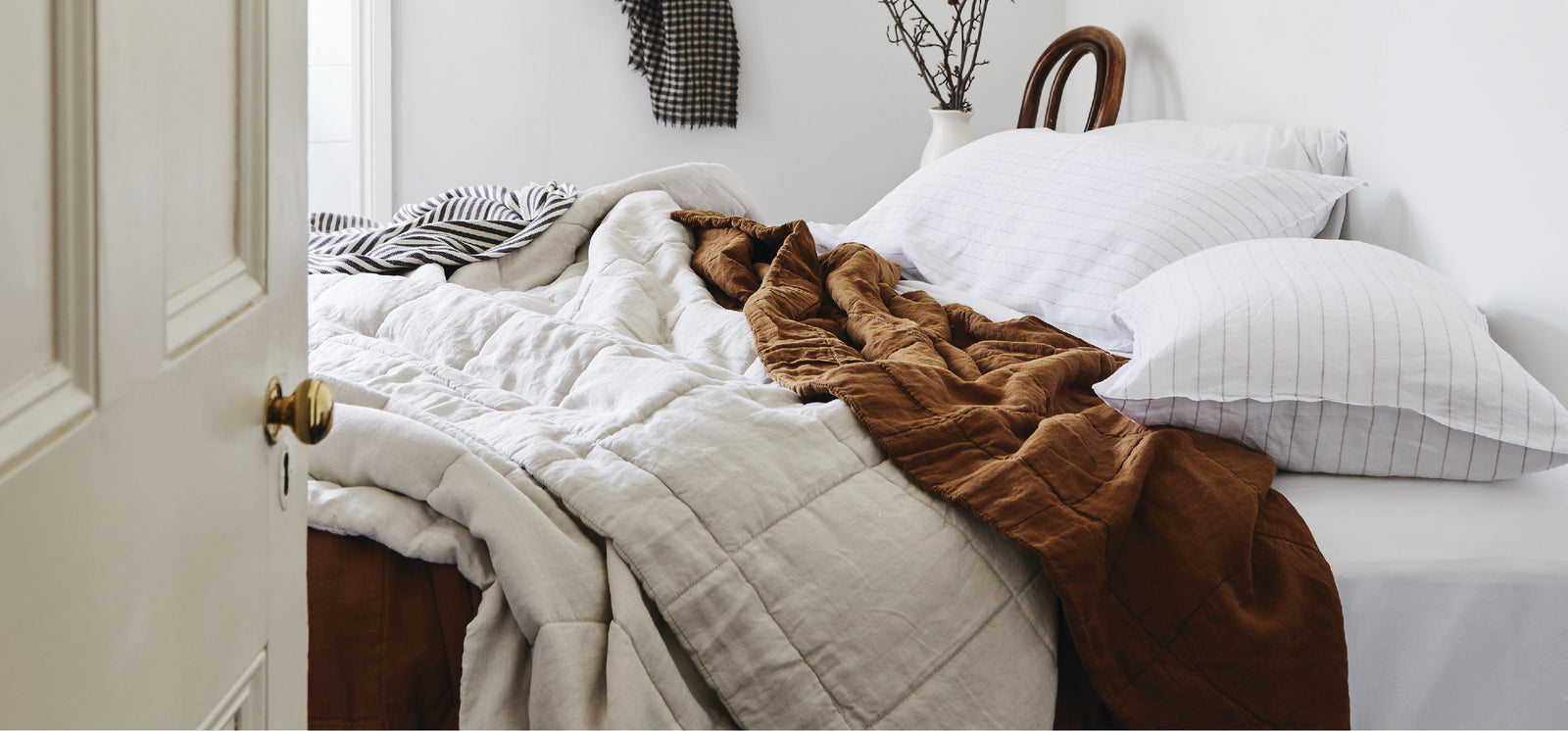After a hard day’s work it’s easy to head home and relax on the couch for a quick 40 winks. Hands up if you have no problem falling asleep in front of your favourite TV show, only to wake as it finishes or be prodded to move because its bedtime. Exhausted, you jump into bed and to your frustration, you spend the next few hours lying sleepless, staring at the ceiling.
So, why is it so easy to fall asleep on the couch?
There are a few reasons is it easy to fall asleep on the couch. For one, our body clock is naturally programmed for you to sleep at night and to wake with the sun. Sleep pressure, your body’s need for sleep, is another reason for this. The longer you are awake, the greater your need for sleep becomes which in turn increases your sleep pressure. This is especially applicable if you have been burning the midnight oil. And finally, the warmth and cosiness your living room with its comfy sofa, dimmed lights and muted background noise creates a wonderful environment for napping.
And why is it so difficult to get back to sleep?
If you have only had a quick cat nap it may be easier to fall back to sleep. If you have slept for longer, it is likely that you have diminished your sleep pressure, feel less tired and made it more difficult to fall back to sleep. Depending on whether you wake in a ‘light’ or ‘deep’ sleep stage of your sleep cycle, can also affect the difficulty of returning to sleep. What you do once you wake can also impact your ability to fall back to sleep.
How can I do better?
If you wake feeling dozy, sleep may be easier if you head straight to bed - avoid the stimulus of bright lights and resist the urge to reach for your phone. Listening to white noise as you drift off may replicate the soothing sounds of your TV. If sleep is impossible, hop up again and enjoy a quiet, restful activity like reading until you feel tired again.
The best way to fix this?
The best way to fix your problem is to create that sleep pressure by breaking the habit of snoozing on the couch. Following a bedtime routine can help you change the way you prepare for bed each evening. A routine cues your body, helping to learn when bedtime is approaching and making falling sleep easier. Set the scene for a good night by making sure that your bedroom environment encourages sleep.
Source: https://www.sbs.com.au/



